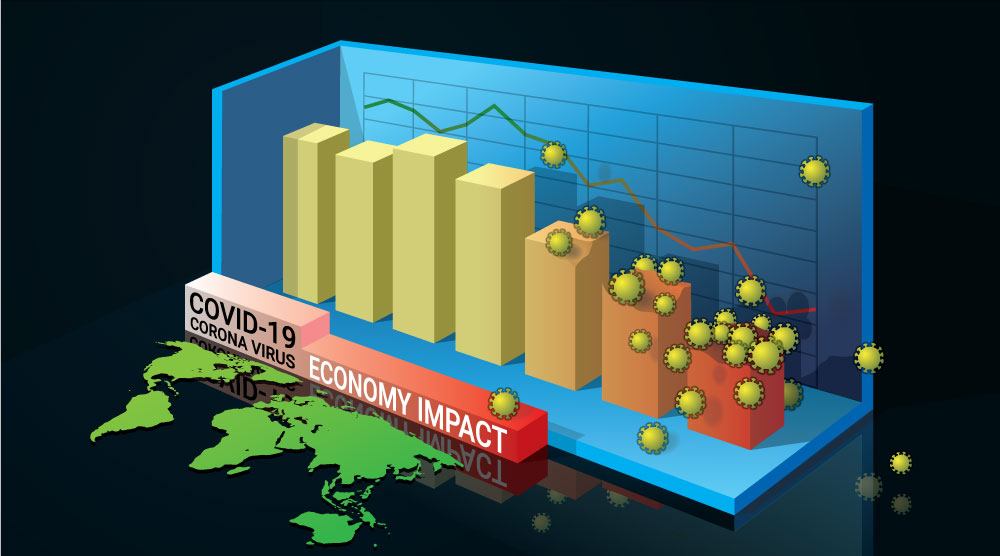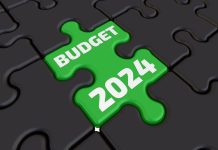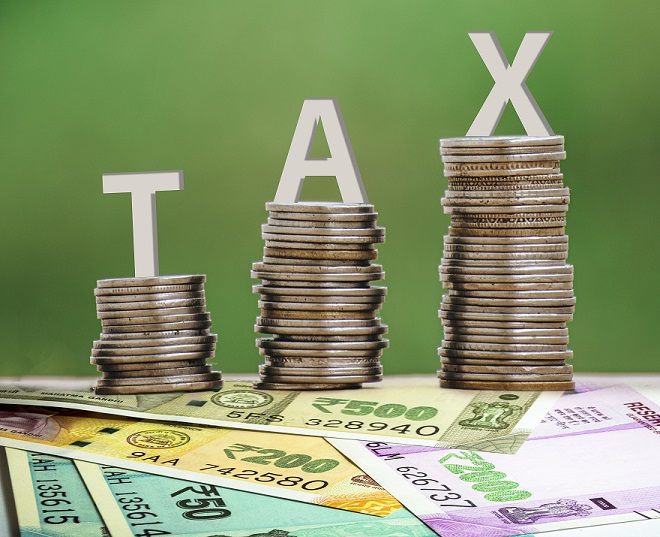
The country is fighting to contain the spread of COVID-19 as the number of reported cases crossed 500. For the next 21 days, India will be facing a complete lockdown. There is a level of uncertainty as it is difficult to quantify the economic cost associated with the lockdown. However, at this point of time the government has no choice but to initiate steps like this to prevent the spread of the virus and save human life. The existing health infrastructure in the country is not sufficient to meet a crisis like situation. In such a scenario, it is the responsibility of every citizen to abide by the measures initiated by the government.
It is an undisputed fact that both the domestic and global economy will be badly hit by the pandemic. The cost on the domestic economy would be high as informal sector dominates the Indian economy. For instance, nearly 85 percent of Indian workforce is in the informal sector. Lockdown will disrupt the businesses in the informal sector, pushing up the unemployment rate. This can have negative repercussions on the economy impacting consumption and investment levels. Various flagship programmes such as a MNREGA will be also be put on halt, resulting in a loss of income and a higher economic burden on the rural economy.
Similarly, the lockdown would result in a spike in the prices of essential commodities including fruits and vegetables. Food inflation in the country is at elevated levels. It was expected that the harvest of rabi crops in the coming months would help in cooling the food inflation rates. However, in the present situation, amid the supply disruptions, food prices would spiral up. Though the low crude oil price is a relief, there would be a general rise in price level as food and beverages have a share of around 45 percent in the total basket of goods and services used in the construction of Consumer Price Index (CPI).
Finance Minister announced relief measures including the extension of deadlines for filing tax returns and relaxation of various norms. These measures would be helpful to the tax payers and business in the country. It is expected that an economic package would be announced in the coming days. Presently, the focus of the government should be on low income earners, as they are the worst hit from the current situation. Measures such as direct cash transfer is the need of the hour.
In the present scenario, liquidity boosting measures from the RBI will only have limited impact on the economy. The Central Bank should devise measures to deal with the surge in NPAs, as various sectors are badly hit from the spread of COVID-19. Banks could witness a surge in retail NPAs also. Let’s hope for the best; sooner the situation stabilises, lower will be the cost on the economy.










GOOD EVENING MEM. I HAVE READ AND ITS PERFECTLY CORRECT. I HOPE CONTINUED BRIEF LIKE THIS IN FEATURE, I M CLIENT OF GEOJIT FINANCIAL SERVICES IN FM BRANCH.
Expected losses, in figures in various sectors may please be indicated. Likely comparitive prices of important food and other products is of interest. To what extent the impact is likely.
Dear all
Its a training to live in emergency situations.So please be warriors of your own.be safe in home and be a good family member with your beliefs and values.The economy or your fate is not decided by any part of science.be calm and do your duty , don’t worry about your opportunity loss or actual loss.the history shows all the dips met an another high..be calm..you have to learn through information like mam written topics and internet topics.analyse your failures and plot a plan according to your strength.
Dr Mathew
No doubt the BPL persons should be taken care as neglect may lead to health of every one. However, it is high time that the politicians should only help the needy and avoid freebies. The stocks of essentials are not infinite and expecting from other countries will be zero. Balancing inflation and ensuring supply of essentials, if necessary, by rationing may be the need of the hour
Every body realise that there is going to be an economic slowdown in the near future because of the worldwide shut down. How to get out of it and kick start the economy is the question. The answer lies in India’s population of 1.34 Billion. The demand it will create is enough to jumpstart the Indian economy. The way to do it is not by giving concessions at the top nor freebies at the bottom. Tap the savings of the Indian families. Make them feel good and spend. The RBI need to cut interest rates not by paltry .5 or .75 points, mercilessly slash them to half of the present rates. The Union government need to bring every goods and services without exception including Petrol & Diesel, GST and across the board single rate of 5 or 10 percent. Stop the umpteen number of cesses. Reduce the customs and excise rates to half of the present rates. The state governments should chip in with reduced stamp duties and registration fees. It should not be more than 1%. Repeal the Land reforms act and land utilisation act. Monetise the land by giving absolute power to the landlord to do whatever he wishes with his land. Encourage to buy adjacent properties by giving incentives by way of reduced registration fees. Reduce the vehicle registration fees and stop collecting 15 years road tax at one go. Make payment of road tax yearly at it was earlier.
Now where do we find money for all this? Cut the salary and pensions of government employees by 50%. Don’t interfere in the every day life of the citizens. Let them take care of themselves. Bring down the expenses of the government both center and state by half. Make public service like MLA & MP a honerary work without pay or pension.!